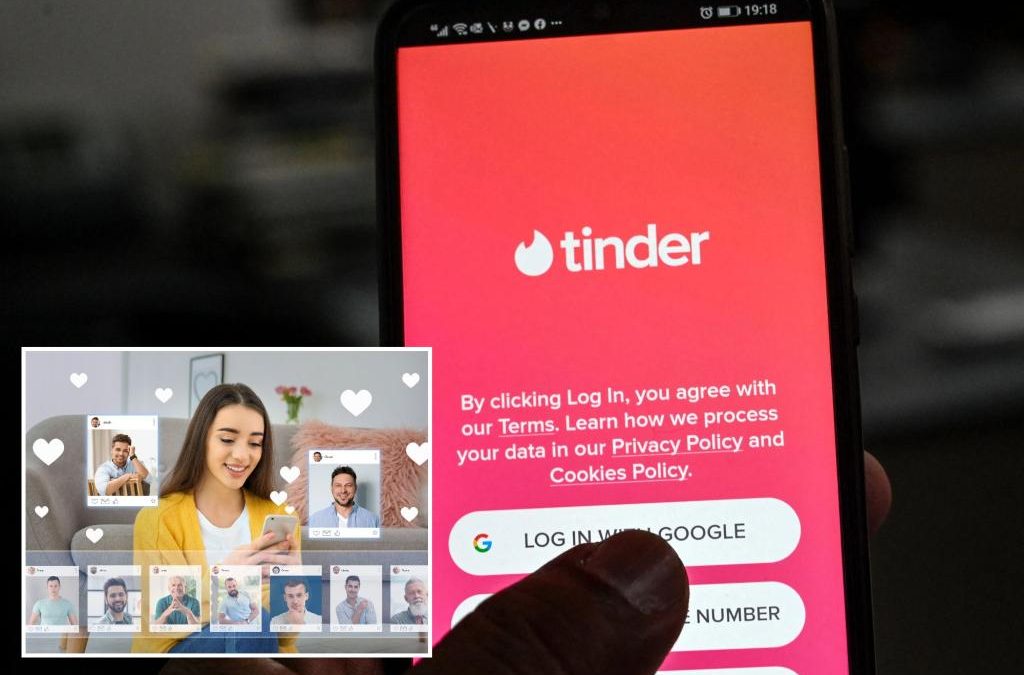The background check provider for Match Group, the corporate parent of Tinder, Match.com, Hinge and Plenty of Fish, ended its partnership with the dating app giant despite reports that sex offenders used the apps to find their victims.
Two years ago, Match Group tapped digital-safety platform Garbo to conduct background checks for users on its dating apps through a consumer-facing business tool that let users run a limited number of free screenings on a potential suitor using just their last name and phone number.
Garbo’s tool then generated a report allowing users to see public reports about violence, past arrests, convictions and restraining orders.
However, Garbo announced in a press release on Thursday that it’s done working with Match Group.
Its unclear what went wrong between the two companies, though the release said that Garbo “will work on future projects in stronger alignment with its mission, vision and values.”
Garbo CEO Kathryn Kosmides also shared a blog post on Thursday titled “Evolving with Purpose: Our Next Phase at Garbo” that appeared to place blame on Match Group for the partnership falling apart.
“Over the last few years, we have faced a lack of support and real initiative from online platforms, continuous harassment and threats by bad actors on these platforms and the prolific issues across the justice systems including access to proper local, state and federal government records,” Kosmides penned.
The Garbo chief also nodded to the turmoil between the two companies in an interview with The Wall Street Journal, saying: “Most tech companies just see trust and safety as good PR.”
According to Kosmides’ post, users on Match Group’s dating platforms who have claimed credits to conduct background checks will be able to use those credits through the end of the month.
As of Sept. 1, Garbo “will be shifting back to being volunteer run,” Kosmides also shared, noting that the company will “never allow profit to rule over protection.”
Since 2021, Match Group has been Garbo’s largest consumer partner. It was also the first partnership of its kind for Garbo, which operates as a 501c3 nonprofit, according to The Journal.
A Match Group spokesperson told The Post: “While we are disappointed that we were unable to come to an agreement, we are in advanced conversations with alternate providers and will announce a new partnership soon.”
The spokesperson added that the dating app giant is “working quickly to announce a new provider” for its safety measures.
The Post has also sought comment from Garbo.
Garbo was first rolled out on Tinder, where users who logged into the app’s safety center would be redirected to Garbo to conduct a basic background check on a stranger they swiped right on.

Dating platforms like those in Match Group’s portfolio — which also includes Hinge, OkCupid and Hakuna, a livestreaming platform designed to help people find community — have upped security measures since multiple reports of women reportedly being sexually assaulted by men they met through online platforms.
A study released last year by researchers from Brigham Young University in Utah then revealed an “incredibly concerning” number of predators find their victims on dating apps.
After analyzing the records of almost 2,000 sexual assault victims between 2017 and 2020, the study found that 14% of the attacks occurred after meeting on a dating app.

Another concerning trend was that the targeted victims often have mental illnesses and the attacks were significantly more violent.
“Those with mental illnesses like depression may be more susceptible to a predator who might, for example, flatter them profusely and persuade them to meet in person,” Valentine explained in a press release. “In a dating app, people can shape themselves however they want to appeal to vulnerable victims.”
According to Valentine, college students are the age group most likely to be targeted.
At the time, in 2022, she also said safety measures on dating apps were inadequate despite Garbo and Match Group’s partnership.
Source




